Experiences from abroad
LOES is engaged in European cooperation through GEN Europe. Here we have encountered concrete economic and legal models for eco-community development, which we investigate and try to contextualize to meet the needs in Denmark. In general, we seek models that strive for a solidarity perspective, open up opportunities and avoid speculation. Here we will show some of the European models that we are inspired by. Later in the project we will publish a report with models that we will recommend in Denmark.
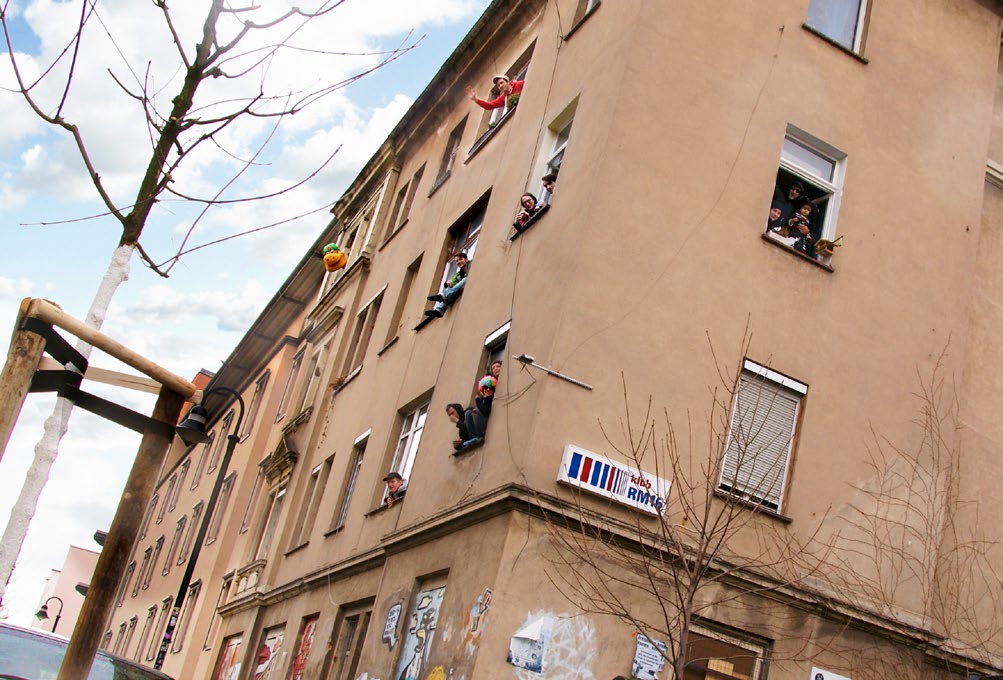
Mietshäuser Syndikat (Germany)
![]()
The Mietshäuser Syndikat from Germany is a syndicate – an association – consisting of a network of 167 existing housing projects and twenty new project initiatives.
Each of the housing projects operates as an independent project and has the legal status of a limited liability company (LLC; German: GmbH). Mietshäuser Syndikat retains a financial stake in each housing LLC to prevent sales, and all projects have committed to making contributions to a common solidarity fund. It is a model that seeks to reduce housing speculation through examples and dissemination.
Find more information on their own website here.
Copyright foto: RM16

Les Pas Sages (France)
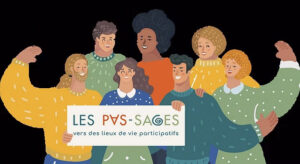
Les Pas Sages (LPS) means “the ill-mannered” or “the unruly” and is a network of housing associations financed on a solidarity basis.
Les Pas Sages has the legal status of a cooperative company. The SAS (S.A.S – société par actions simplifiée) business model is a legal form in France that can be translated as “simplified limited liability company”.
It is a flexible company form that combines some of the advantages of the traditional limited liability company with a strong focus on partnership and trust. The capital is divided into shares, founded by a cooperative, where everyone contributes divergent amounts of capital. Decision-making is based on a GPC (Management by Consent) process without veto rights.
Find more info on their own website here.
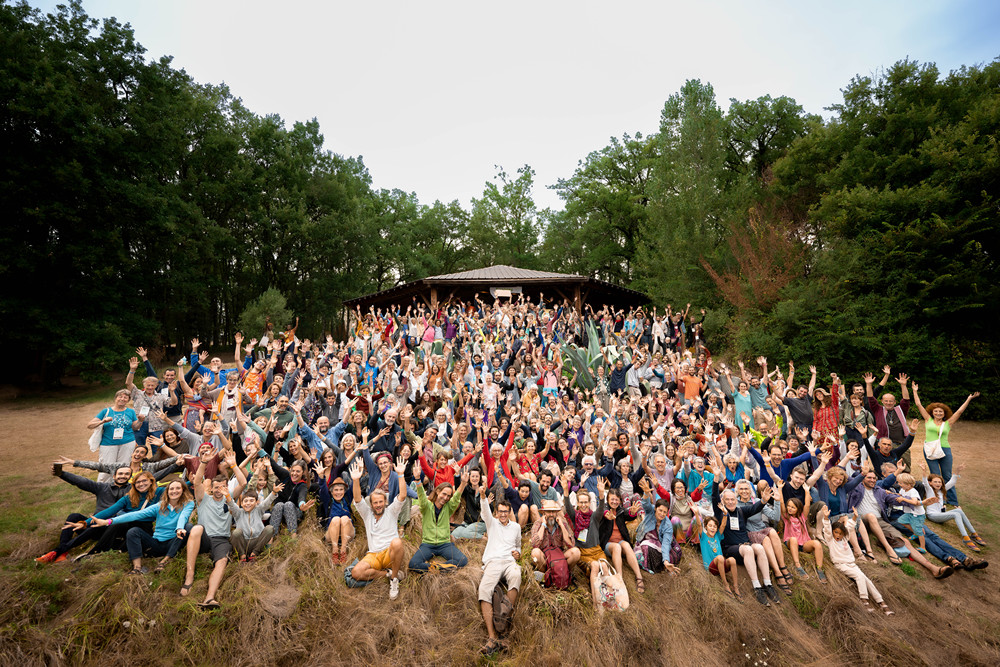
OASIS (France)
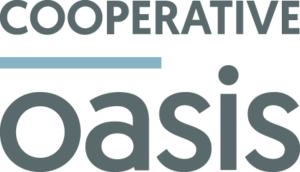
The Oasis Cooperative is a non-profit cooperative (SCIC) with more than 700 members in 5 groups: Oasis, solidarity investors, employees, partners and supporters.
The Oasis Cooperative makes capital subscribed in shares by citizens available to the ‘oases’ as financial contributions, with an interest rate of between 1.5 and 2%. Oasis finances its operating costs (salaries, administration, training, support functions, etc.) through its services, but also through subsidies and income from activities offered (training, events, etc.). The aim of the Oasis Cooperative is not to make money, but to ensure its sustainability and avoid financial risks.
Find more info on their own website here.
Ekopia (Scotland)

Ekopia is a ‘community benefit’ cooperative in Findhorn that has supported locally rooted community projects.
The aim is to raise ethical capital for social enterprises and infrastructure in the eco-community – with local returns at the centre rather than profit maximisation. Investors become members and can place funds in concrete assets. Overall, the model is simple, transparent and scalable – and it can inspire Danish eco- and neighbourhood projects that need patient, community-driven capital.
Find out more on their own website here
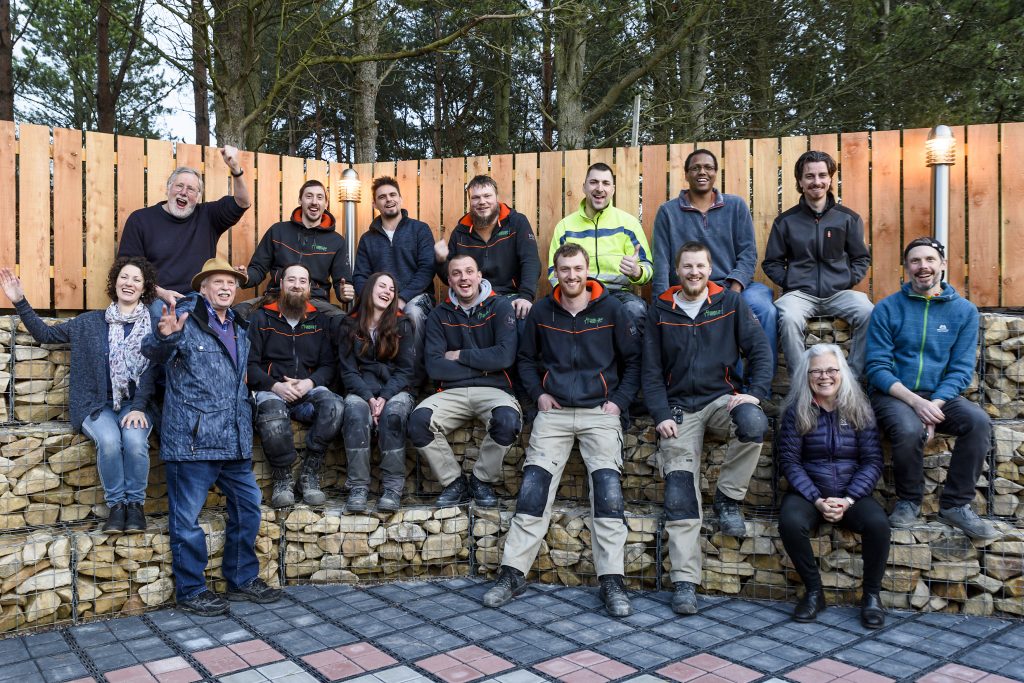
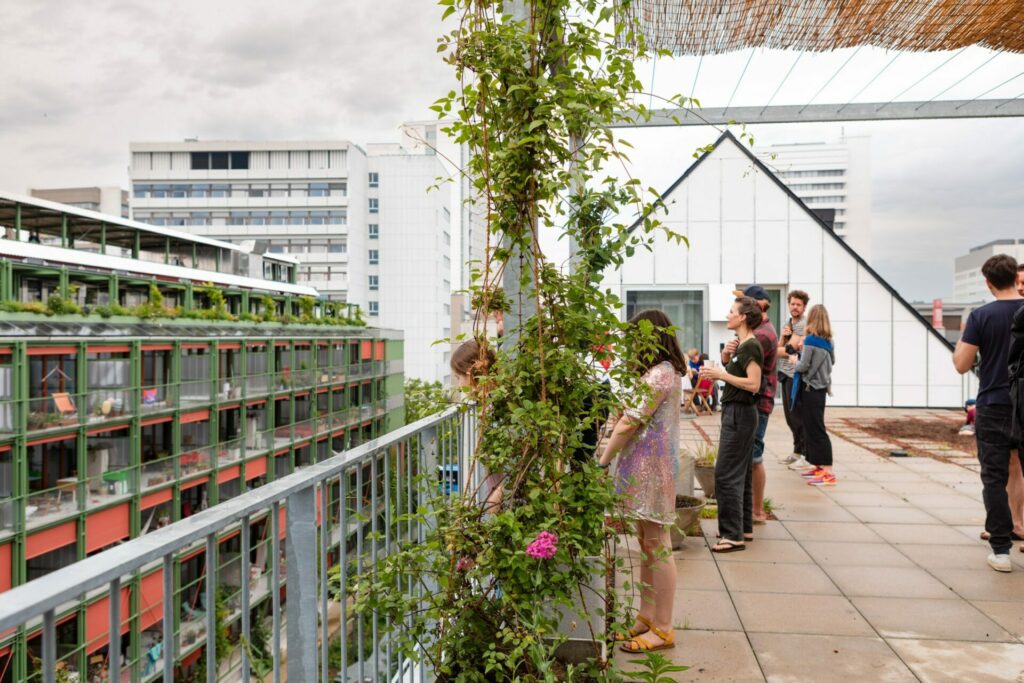
Stiftung Habitat (Switzerland)
Habitat Stiftung is a non-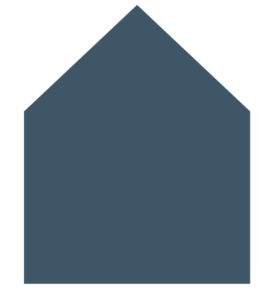 profit housing foundation in Basel that purchases properties and develops them into affordable housing in mixed urban environments.
profit housing foundation in Basel that purchases properties and develops them into affordable housing in mixed urban environments.
The foundation acquires properties and rights of use and may allow third parties to use them. It constructs, develops and manages buildings – or grants building rights – based on local needs and the existing building stock.
Find out more on this website here
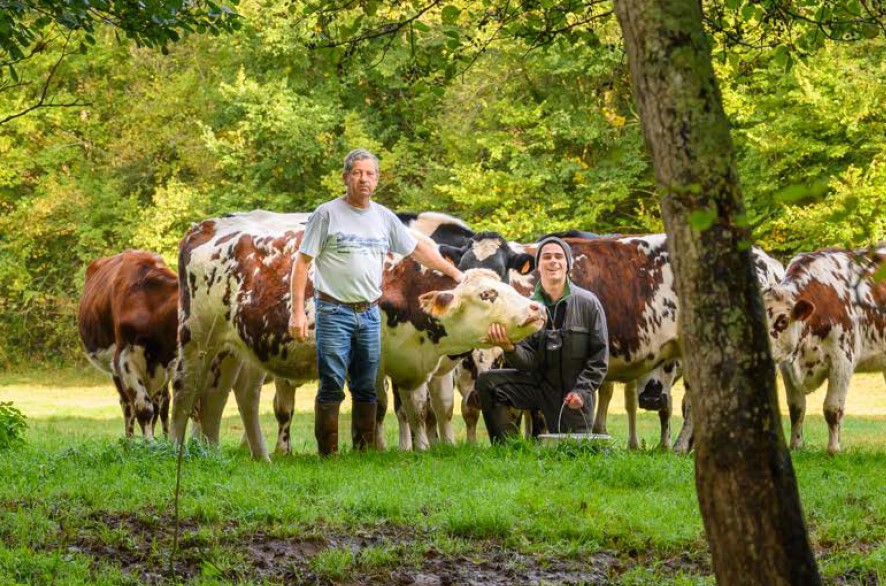
Terre de Liens (France)
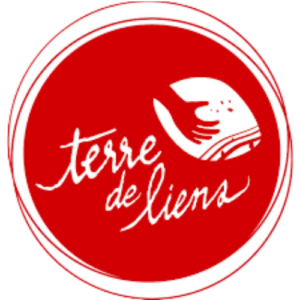 Terre de Liens means “bonds of the land,” and is a citizen-driven movement that purchases agricultural land with citizens’ savings to ensure access for organic farmers.
Terre de Liens means “bonds of the land,” and is a citizen-driven movement that purchases agricultural land with citizens’ savings to ensure access for organic farmers.
The main idea is to take land out of speculation and maintain it as a common good, so that new farmers can establish themselves without unmanageable debt. The model rests on three pillars: a network of associations, la Foncière (solidarity investment company) and a charitable foundation. They buy land and rent it out on long-term contracts with environmental clauses that commit to nature conservation and organic farming. Find out more here
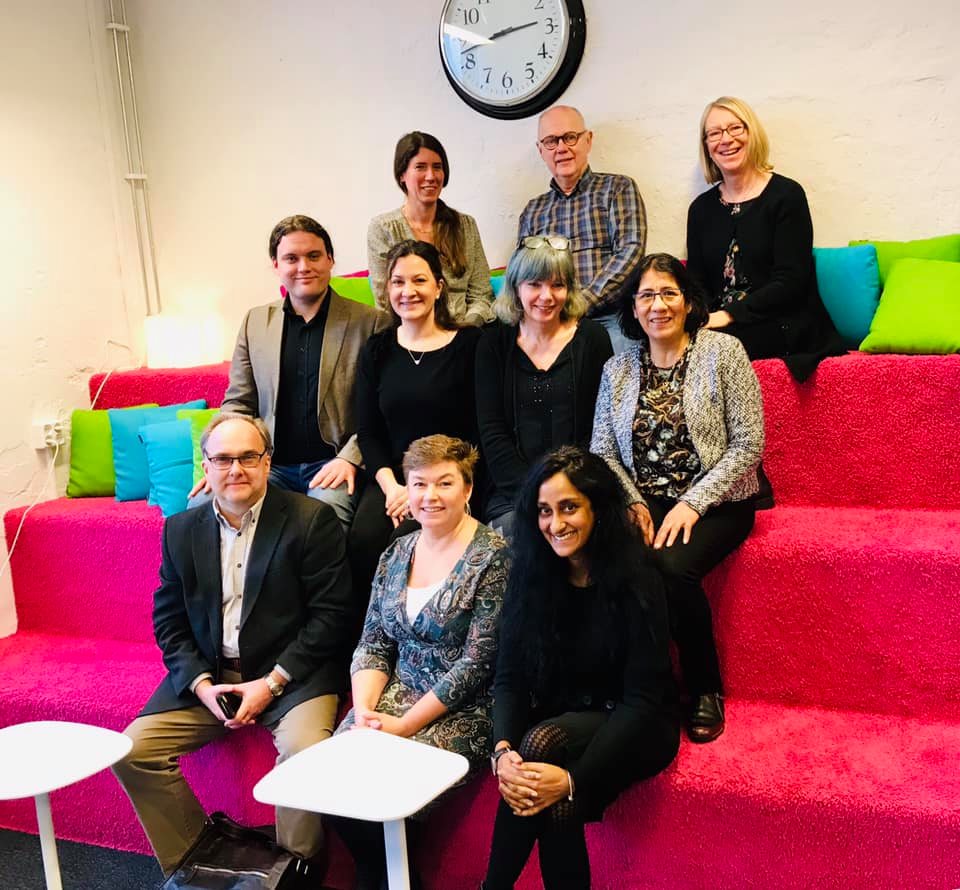
Mikrofonden (Sweden)
![]() Mikrofonden Sverige is a nationwide network of regional foundations (founded in 2010) that provides credit guarantees and small capital investments to social enterprises and cooperatives.
Mikrofonden Sverige is a nationwide network of regional foundations (founded in 2010) that provides credit guarantees and small capital investments to social enterprises and cooperatives.
The capital comes primarily from member loans and deposits, supplemented by European impact investors. The operation is supported by interest income, sponsorships, volunteerism and public project funds. The model provides access to credit guarantees and small capital investments for eco-communities and housing associations – often to open up more traditional bank loans.
Find out more on their own website here
